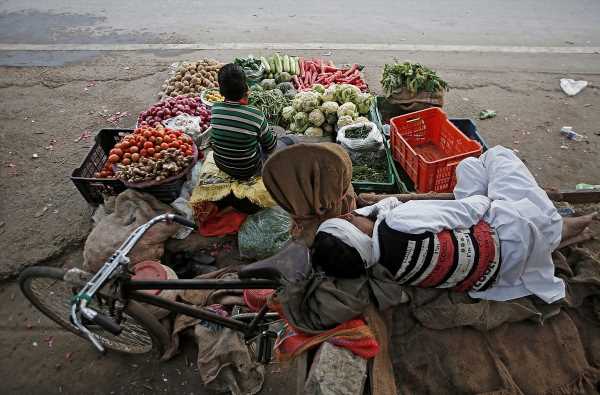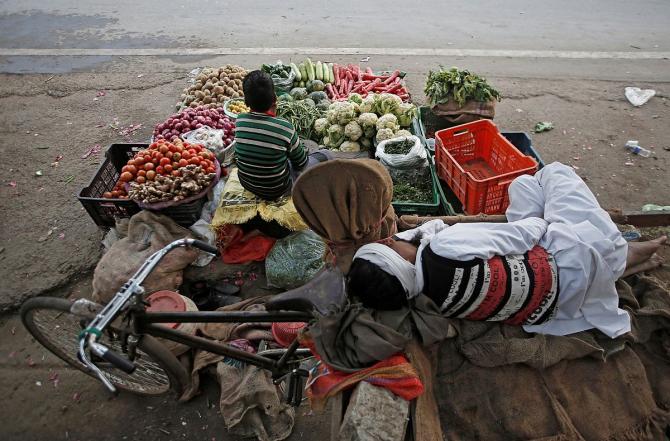India’s inflation trajectory in the coming months will be influenced more by the geo-political situation due to the war in Europe and its impact on supply chains and commodity prices.
However, the country is better placed than most to “weather the storm” and achieve growth of close to 8 per cent in the current fiscal year, the finance ministry said in its latest monthly economic report on Thursday.
“Through the channel of imports, elevated global crude and edible oil prices now have a significant impact on India’s inflation outlook.
“Government measures to keep the prices of these commodities in check, along with the recent hike in policy rates by the RBI, are expected to temper inflationary pressures in the economy,” the monthly economic report for April, drafted by the finance ministry’s economic division, said.
“Notwithstanding the presence of inflationary headwinds, the capex-driven fiscal path of the government, as laid down in the Budget, will help the economy post a near 8 per cent growth in real GDP for the current year,” it said.
The report said that seen over a longer time horizon, inflation in India’s economy has not been as much a challenge as is sensed from month-to-month changes.
It said while consumer price inflation is expected to be elevated in 2022-23, mitigating action taken by the Centre and the Reserve Bank of India (RBI) may reduce its duration.
“Evidence on consumption patterns further suggests that inflation in India has a lesser impact on low-income strata than on high-income groups.
“Further, since aggregate demand is recovering only gradually, the risk of sustained high inflation is low,” said the report.
CPI inflation for April surged to 7.79 per cent, largely driven by rising fuel and food prices and staying well above the RBI’s upper tolerance limit for the fourth consecutive month.
The MER report stated that notwithstanding the turbulence associated with monetary tightening in advanced economies, the ongoing geopolitical conflict, lockdowns in parts of China and the supply-side disruptions that are likely in their wake, India is relatively better placed than most other nations to weather the storm and achieve steady growth during the current financial year.
“Rising food and energy prices are a global phenomenon and even several advanced nations have higher inflation rates than India.
“The RBI has signalled its determination to combat inflation and that too will sustain macroeconomic stability and growth,” it said.
The RBI sees India’s FY23 GDP growth at 7.2 per cent, while the International Monetary Fund, in its latest world economic report, projected growth at 8.2 per cent.
“Lending credence to these projections, the fiscal year has begun with a strong growth momentum in economic activity, as indicated by the robust performance of high frequency indicators such as e-way bill generation, ETC toll collection, electricity consumption and PMI manufacturing and services,” the finance ministry’s report said.
Source: Read Full Article


